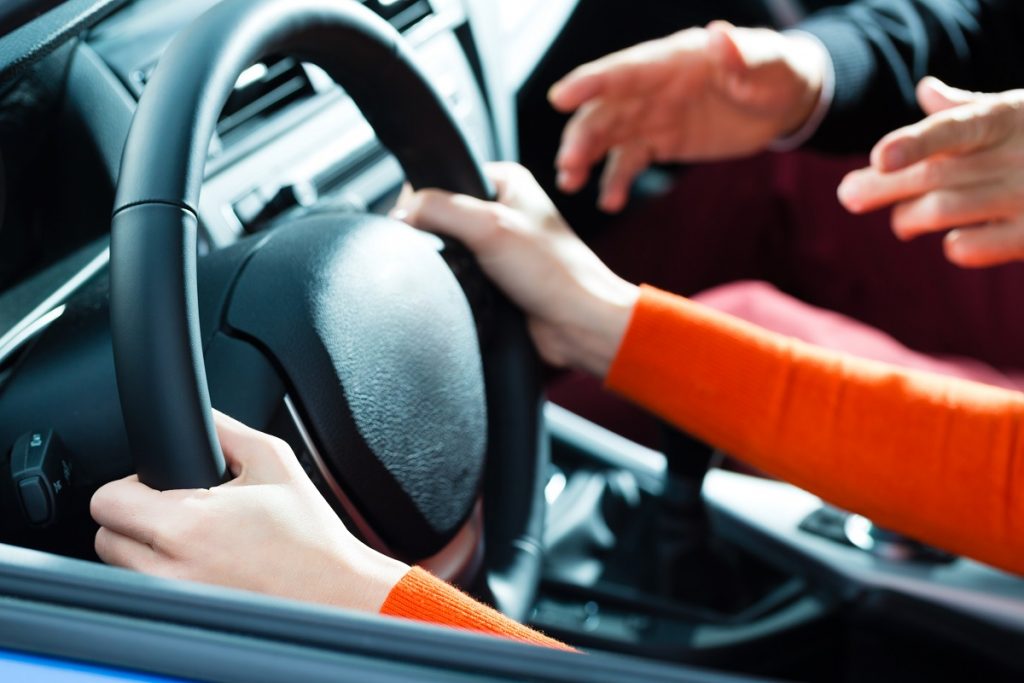Knowing how to drive doesn’t automatically make you a good driver. Take any highway, and you can immediately make the distinction. Some of us are admittedly bad drivers, but even if you think you do not need improvement, you should still refine your driving skills.
Here the reasons why and how you should improve your driving.
Why improve your driving?
While some people may be aware that they’re not the best drivers, others don’t see why they need further driving lessons.
One of the main reasons to improve your driving is to save lives, including your own. Every year, over 37,000 people die in road crashes in the U.S., and an additional 2.35 million are injured or disabled. These accidents cause each person an average of $820, amounting to $230.6 billion for the entire country. The Association for Safe International Road Travel also says that, for healthy Americans traveling overseas, road crashes are also the greatest annual cause of death.
Improving your driving saves you money, too. You will have fewer or no tickets and spend less on repairs. Insurance premiums also cost less for good drivers. If you have a record of bad driving, you need extra effort to get auto insurance that suits your needs.
Avoiding distractions is a step to better driving

The CDC reports that crashes involving distracted drivers kill 9 people and injure 1000 every single day. If you have a bad driving record, you are probably an easily distracted driver.
Distractions can be anything from your phone to a bothersome thought. The CDC categorizes them into visual, manual and cognitive distractions. Visual distractions take your eyes off the road, manual ones take your hands off the wheel, and cognitive distractions take your mind off of driving. Texting while driving is especially dangerous because it combines all three.
When you drive, tuck your phone away, as even using navigation apps can distract you. Eating or drinking while driving also count as a distraction. Avoid driving altogether if you are not in the condition, like if you feel sleepy, tipsy, or sick.
Drive defensively
As the saying goes, drive as if everyone is out to get you. When you drive defensively, you are not trusting any other driver on the road, because who knows what they may or may not do? Some of them might be distracted, drunk, or extremely aggressive. There is nothing you can do about their behavior, but you can do something about your own.
Look at least 10 seconds ahead of where you are going, while regularly checking your rear-view mirrors. Try to anticipate what other drivers will do, and prepare an escape route in case an emergency happens. Also, avoid anything that increase the chances of an accident, such as yielding to a tailgater. These practices increase awareness and allow you to quickly react to unexpected situations.
Bad driving can cost you a lot, and endangers your life and others. Even if you think you are good, you should always drive to the best of your ability. There are many things on the road that put your safety at risk. You may not have control over these risks, but good driving skills can spell the difference between life and death.

